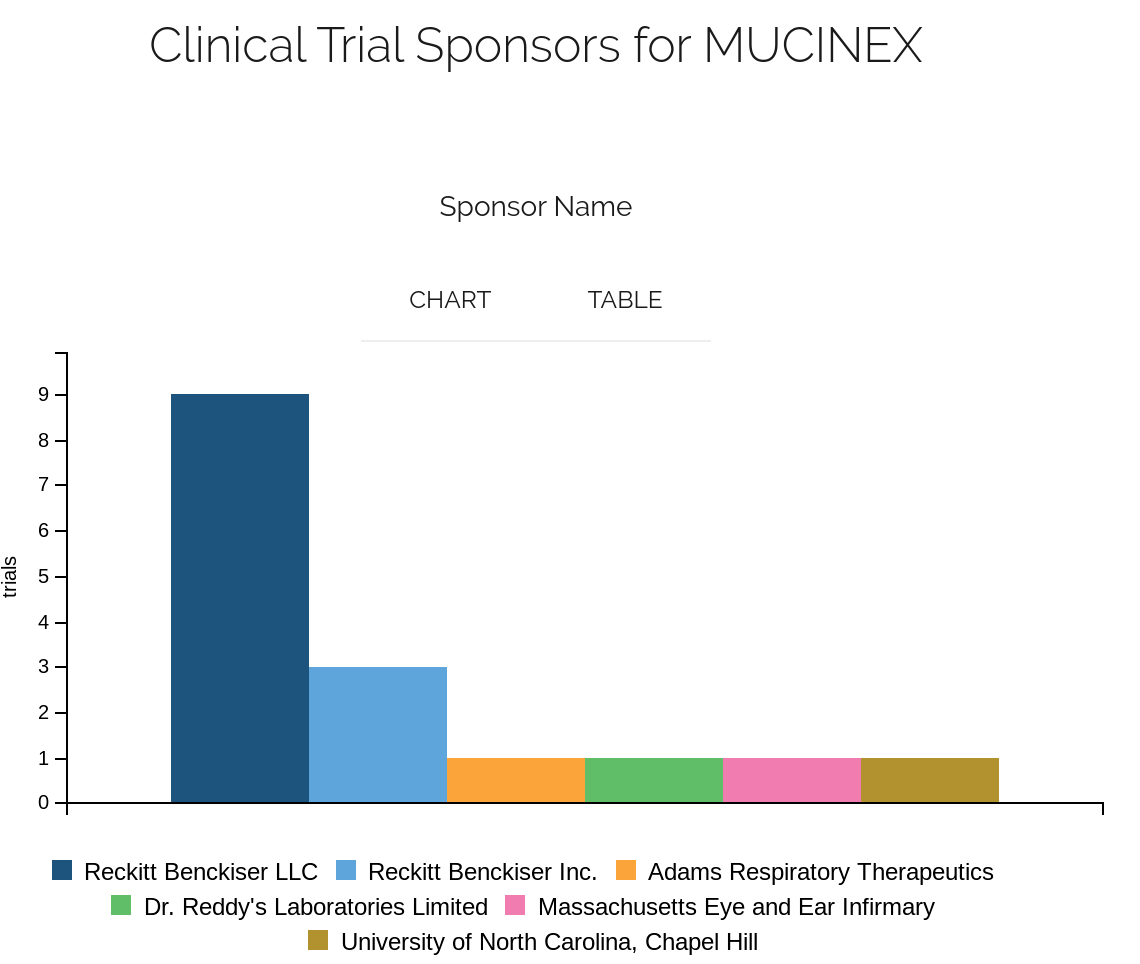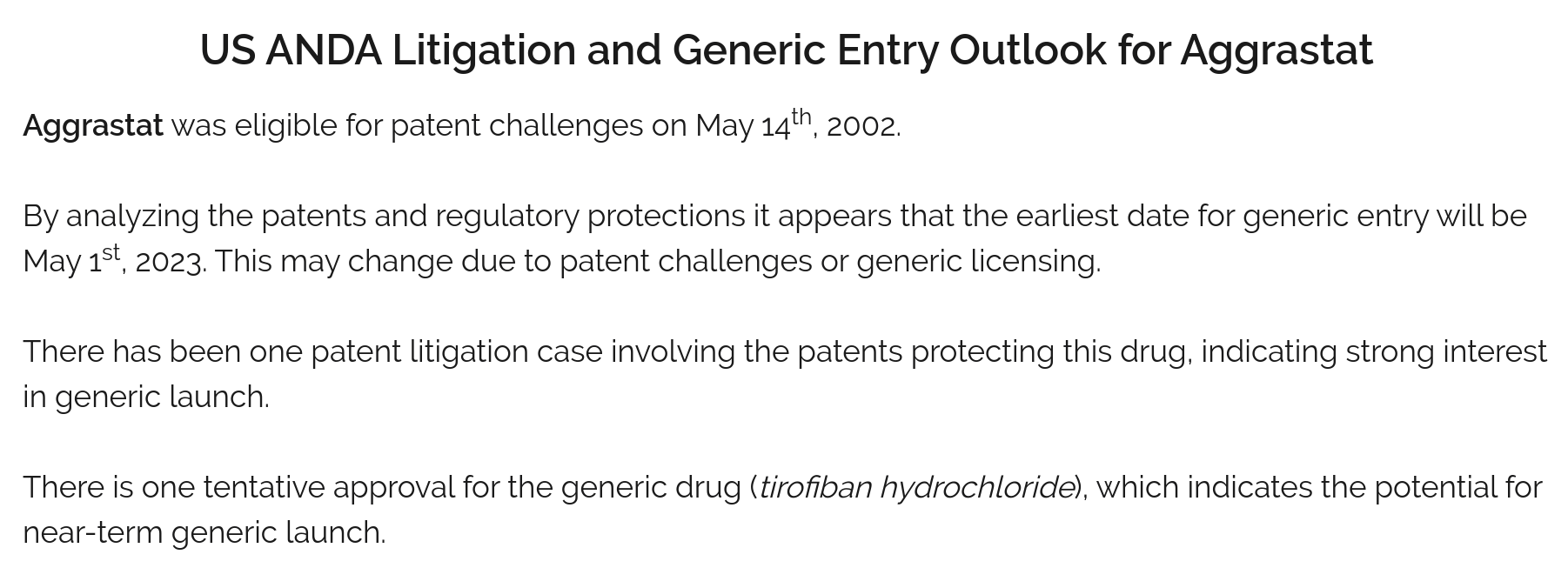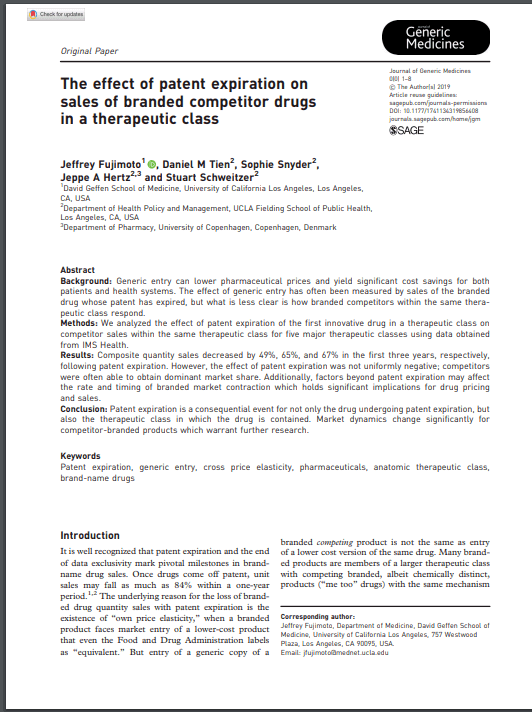India’s pharmaceutical sector stands as a beacon of both immense potential and significant challenges. As the world’s largest provider of generic drugs, India has earned its moniker as the “pharmacy of the world,” supplying affordable medicines to millions across the globe. However, this thriving industry is not without its complexities, as it navigates a delicate balance between unprecedented opportunities and inherent risks.
The Rise of India’s Pharmaceutical Prowess
India’s journey to becoming a pharmaceutical powerhouse is a testament to its innovative spirit and strategic foresight. The country’s pharmaceutical industry has experienced remarkable growth over the past few decades, transforming from a mere importer of drugs to a global exporter of high-quality, cost-effective medicines.
A Historical Perspective
The roots of India’s pharmaceutical success can be traced back to the 1970s when the government implemented policies that favored the development of a domestic drug manufacturing industry. The Patent Act of 1970, which allowed for process patents rather than product patents, was a game-changer. This legislation enabled Indian companies to reverse-engineer existing drugs and produce them at a fraction of the cost.
Current Market Position
Today, India’s pharmaceutical sector is a force to be reckoned with:
- It accounts for about 20% of the global supply of generic drugs by volume.
- The industry is valued at approximately $42 billion and is expected to reach $65 billion by 2024.
- India is home to more than 3,000 pharma companies and 10,500 manufacturing units.
“India’s pharmaceutical industry has not only made drugs affordable and accessible to its own population but has also emerged as the ‘pharmacy of the world’.” – Mansukh Mandaviya, Union Minister for Health and Family Welfare
Opportunities Knocking at India’s Pharma Door
The Indian pharmaceutical sector is poised for exponential growth, with several factors converging to create a landscape ripe with opportunities.
Expanding Global Demand
As the world population ages and chronic diseases become more prevalent, the demand for affordable medicines is skyrocketing. India, with its established track record in generic drug production, is well-positioned to meet this growing need.
Innovation and R&D
While India has traditionally been known for generics, there’s a growing focus on innovation and research and development. The government’s “Pharma Vision 2020” aims to make India a global leader in end-to-end drug manufacturing. This shift towards innovation presents immense opportunities for growth and value creation.
Digital Transformation
The adoption of digital technologies in drug discovery, clinical trials, and supply chain management is opening new avenues for efficiency and growth. Artificial Intelligence and Machine Learning are revolutionizing drug discovery processes, potentially reducing time-to-market and costs.
Biosimilars and Specialty Drugs
As patents for many biologics expire, the biosimilars market presents a significant opportunity. Indian companies are increasingly focusing on developing biosimilars and specialty drugs, which offer higher profit margins compared to traditional generics.
Navigating the Risky Waters
While the opportunities are abundant, the Indian pharmaceutical sector also faces several risks that require careful navigation.
Regulatory Challenges
One of the most significant risks facing the industry is regulatory compliance, particularly with international standards. The U.S. Food and Drug Administration (FDA) has increased its scrutiny of Indian manufacturing facilities in recent years, issuing warning letters and import alerts to several companies.
Quality Concerns
Closely tied to regulatory challenges are concerns about drug quality. Instances of substandard drugs have damaged the reputation of Indian pharmaceuticals in some markets. Addressing these quality issues is crucial for maintaining trust and market share.
Pricing Pressures
The generic drug market is highly competitive, leading to intense pricing pressures. This competition, coupled with price controls in domestic and some international markets, can squeeze profit margins.
Dependence on API Imports
India’s reliance on imported Active Pharmaceutical Ingredients (APIs), particularly from China, poses a significant risk. Supply chain disruptions, as seen during the COVID-19 pandemic, can severely impact drug production.
Strategies for Success: Balancing Act in Action
To capitalize on opportunities while mitigating risks, Indian pharmaceutical companies need to adopt a multi-pronged approach.
Investing in Quality and Compliance
Prioritizing quality control and regulatory compliance is non-negotiable. Companies must invest in state-of-the-art manufacturing facilities, robust quality management systems, and continuous employee training.
Diversification of Product Portfolio
Moving beyond traditional generics to complex generics, biosimilars, and innovative drugs can help companies reduce dependence on any single product category and improve profit margins.
Focus on R&D and Innovation
Increasing investment in research and development is crucial for long-term success. Collaboration with academic institutions, biotech startups, and international pharma companies can accelerate innovation.
Embracing Digital Technologies
Leveraging digital technologies across the value chain can enhance efficiency, reduce costs, and improve decision-making. From AI-driven drug discovery to blockchain for supply chain transparency, technology adoption is key.
Government Initiatives: Catalyzing Growth and Mitigating Risks
The Indian government plays a crucial role in shaping the future of the pharmaceutical sector through various initiatives and policies.
Production Linked Incentive (PLI) Scheme
The PLI scheme, launched in 2020, aims to boost domestic manufacturing of critical APIs and reduce import dependence. It offers financial incentives to companies for incremental sales of products manufactured in India.
Pharma Parks
The government is setting up bulk drug parks to provide world-class infrastructure for pharmaceutical manufacturing. These parks aim to reduce manufacturing costs and make Indian companies more competitive globally.
Regulatory Reforms
Efforts are underway to streamline the drug approval process and align Indian regulatory standards with global best practices. This includes initiatives like the New Drugs and Clinical Trials Rules, 2019, which aim to promote clinical research in India.
Case Studies: Success Stories in Balancing Opportunity and Risk
Several Indian pharmaceutical companies have successfully navigated the complex landscape of opportunities and risks, emerging as global leaders in their respective domains.
Sun Pharmaceutical Industries
Sun Pharma, India’s largest pharmaceutical company by market capitalization, has effectively balanced growth opportunities with risk management. The company has diversified its product portfolio, expanded its global presence, and invested heavily in R&D. Despite facing regulatory challenges in the past, Sun Pharma has worked diligently to address quality concerns and strengthen its compliance mechanisms.
Dr. Reddy’s Laboratories
Dr. Reddy’s has successfully transitioned from being a pure generics player to a company with a significant presence in complex generics and biosimilars. The company’s focus on innovation and strategic partnerships has helped it navigate pricing pressures in the generics market. Dr. Reddy’s has also invested in digital transformation initiatives to enhance operational efficiency.
Future Outlook: Emerging Trends and Challenges
As we look to the future, several trends and challenges are likely to shape the trajectory of India’s pharmaceutical sector.
Shift Towards Value-Based Healthcare
The global healthcare industry is moving towards value-based care, where outcomes rather than volume drive reimbursement. This shift presents both challenges and opportunities for Indian pharma companies, requiring them to demonstrate the value of their products in improving patient outcomes.
Personalized Medicine
Advances in genomics and data analytics are paving the way for personalized medicine. Indian companies that can leverage their data capabilities and develop targeted therapies stand to gain significantly in this emerging field.
Environmental Sustainability
As environmental concerns take center stage globally, pharmaceutical companies will need to focus on sustainable manufacturing practices. This includes reducing carbon footprint, managing water usage, and ensuring proper disposal of pharmaceutical waste.
Geopolitical Factors
Geopolitical tensions and trade disputes can impact the global pharmaceutical supply chain. Indian companies need to be prepared for potential disruptions and work towards building resilient supply networks.
Key Takeaways
- India’s pharmaceutical sector offers immense growth opportunities, driven by global demand, innovation potential, and digital transformation.
- Significant risks include regulatory challenges, quality concerns, pricing pressures, and API import dependence.
- Success strategies involve investing in quality and compliance, diversifying product portfolios, focusing on R&D, and embracing digital technologies.
- Government initiatives like the PLI scheme and pharma parks are catalyzing growth and addressing key challenges.
- Leading companies like Sun Pharma and Dr. Reddy’s demonstrate successful balancing of opportunities and risks.
- Future trends include a shift towards value-based healthcare, personalized medicine, and environmental sustainability.
- Navigating the complex landscape requires a strategic approach that balances risk mitigation with capitalizing on growth opportunities.
FAQs
- Q: How significant is India’s contribution to the global pharmaceutical market?
A: India accounts for approximately 20% of global generic drug supply by volume and is often referred to as the “pharmacy of the world” due to its significant role in providing affordable medicines globally. - Q: What are the main challenges facing India’s pharmaceutical sector?
A: The main challenges include regulatory compliance, quality concerns, pricing pressures, and dependence on imported Active Pharmaceutical Ingredients (APIs). - Q: How is the Indian government supporting the growth of the pharmaceutical sector?
A: The government has introduced initiatives such as the Production Linked Incentive (PLI) scheme, establishment of pharma parks, and regulatory reforms to boost domestic manufacturing and improve the sector’s global competitiveness. - Q: What role does innovation play in the future of India’s pharmaceutical industry?
A: Innovation is crucial for the industry’s future growth. There’s an increasing focus on R&D, complex generics, biosimilars, and leveraging digital technologies for drug discovery and development. - Q: How are Indian pharmaceutical companies addressing quality concerns?
A: Companies are investing in state-of-the-art manufacturing facilities, implementing robust quality management systems, and providing continuous employee training to address quality concerns and meet global regulatory standards.
References:
India Brand Equity Foundation (IBEF)
McKinsey & Company
Journal of Intellectual Property Rights
Invest India
Department of Pharmaceuticals, Government of India
Press Information Bureau, Government of India
World Health Organization (WHO)
Department of Pharmaceuticals, Government of India
Deloitte
Ernst & Young (EY)
U.S. Food and Drug Administration (FDA)
World Health Organization (WHO)
IMS Health
Federation of Indian Chambers of Commerce & Industry (FICCI)
PricewaterhouseCoopers (PwC)
Boston Consulting Group (BCG)
Indian Pharmaceutical Alliance
Accenture
Ministry of Chemicals and Fertilizers, Government of India
Department of Pharmaceuticals, Government of India
Central Drugs Standard Control Organization (CDSCO)
Sun Pharmaceutical Industries Ltd.
Dr. Reddy’s Laboratories Ltd.
KPMG
Nature Biotechnology
United Nations Environment Programme (UNEP)
Pharmaceutical Technology























